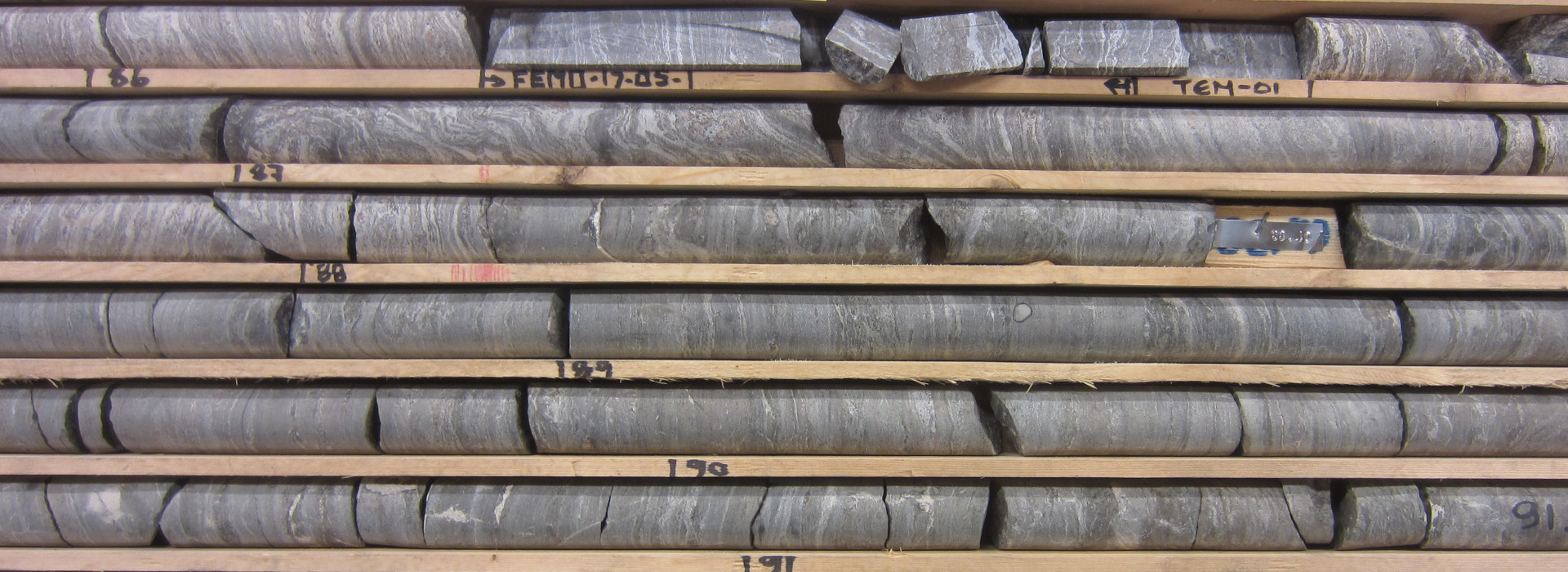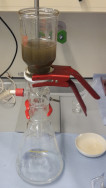Selective lithium extraction from geothermal brines of the Upper Rhine Graben
- Supervisor:
Prof. Dr. Jochen Kolb
- Person in Charge:Klemens Slunitschek
Lithium (Li) is one of the crucial elements for the realization of electric mobility, energy transition and digitization, with rising demand and prices over the last decades. However, with an import rate of 86% (2010 – 2014) and a contribution to global Li-production of less than 1% (2017), Europe depends almost entirely on Li-import. To reduce the dependency, Li deposits and new and unconventional sources are searched for within in the EU. One possible source are the geothermal brines of the Upper Rhine Graben with Li concentrations of up to 200 mg/L. However, extraction of Li through evaporation cannot be applied in the Upper Rhine Graben because of an unsuitable climate and the need for huge evaporation ponds or a large amount of energy. Instead, one way for economic Li extraction is the application of synthesized manganese oxide adsorbents, which is based on the selective adsorption of the dissolved Li. The high selectivity towards Li is a result of a tunnel structure of the manganese oxide with diameters slightly larger than the ionic radius of Li, thus hindering competing ions to adsorb onto the inner surface of the adsorbent and simultaneously creating a high specific surface area. In this research project, we extract Li with manganese oxides from geothermal brines and investigate the influence of brine-related parameters like pH, temperature and salinity and process-related parameters on the Li adsorption capacity. Additionally, chemical composition and mineralogical structure of different adsorbents and their suitability for the extraction are investigated. For the investigations and experiments, XRD, SEM, microscopy, acid digestion and ICP-OES are used.

